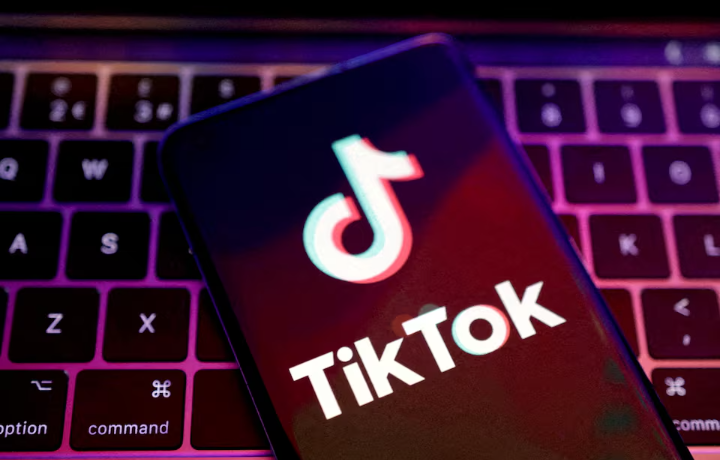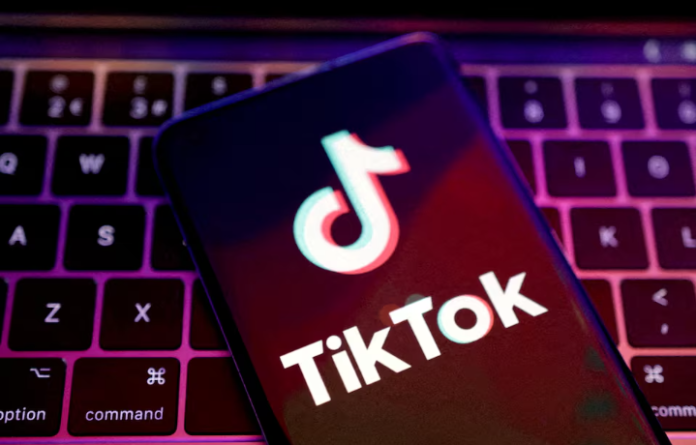As international tensions over the future of TikTok continue to rise, China has issued a firm reminder: any agreement involving the video-sharing platform must strictly adhere to Chinese laws. This announcement comes in response to U.S. President Donald Trump’s recent decision to extend the deadline for the sale of TikTok’s U.S. operations by an additional 75 days.
Originally owned by Beijing-based tech giant ByteDance, TikTok has faced mounting pressure from the U.S. government, citing national security concerns. Talks of spinning off its U.S. assets were reportedly paused, prompting Trump to push back the original sale deadline. However, the extension hasn’t changed China’s firm stance.
According to a statement released by China’s Ministry of Commerce on Wednesday, Beijing emphasized that it “opposes practices that ignore the laws of the market economy, plunder by force, and damage the legitimate rights and interests of enterprises.” This is a clear rebuke to what China sees as coercive tactics by the United States.
More importantly, China reinforced that any potential business deal involving TikTok’s technology must meet the country’s legal requirements — particularly those related to the export of technology. Since 2020, China has had strict export control rules that categorize certain technologies, like TikTok’s highly valuable algorithm, as requiring government approval before being transferred or sold abroad.
This algorithm is not just central to TikTok’s user experience; it is considered one of ByteDance’s most valuable assets. It determines what content users see, making the app both addictive and successful. Given its strategic value, the Chinese government is unlikely to approve any deal that includes the transfer of the algorithm to a foreign entity.

China’s resistance isn’t new. When the U.S. first began pressuring ByteDance to divest TikTok’s U.S. operations, Chinese officials expressed concern over foreign governments forcing business decisions on private companies. The latest statement only confirms Beijing’s intent to protect its tech firms and intellectual property from what it views as unfair international pressure.
This puts any TikTok deal in a precarious position. Even if an agreement is reached between ByteDance and an American company, it still requires a green light from Chinese regulators. Without approval, the deal could collapse — no matter the U.S. deadline or terms negotiated.
As the geopolitical tug-of-war intensifies, TikTok finds itself caught between two global powers. For now, it remains uncertain how — or if — a deal can be made that satisfies both Washington and Beijing.



